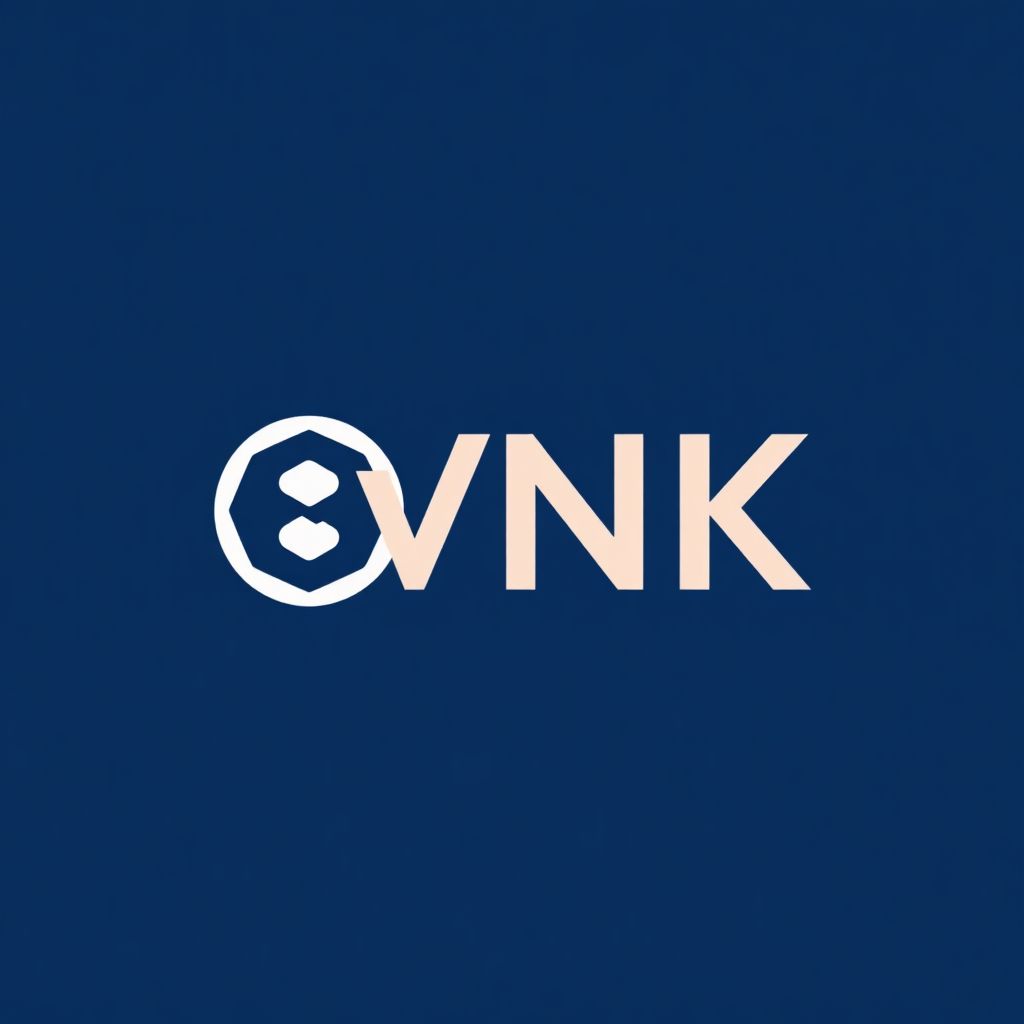Coinbase, one of the world’s leading cryptocurrency exchanges, is reportedly in advanced negotiations to acquire BVNK, a London-based fintech startup specializing in stablecoin payment infrastructure. The deal, valued at approximately $2 billion, would represent a major strategic expansion for Coinbase into the burgeoning field of blockchain-based payment systems. The acquisition is expected to be finalized by the end of 2025 or in the early months of 2026, pending comprehensive due diligence.
BVNK, founded in 2021, has quickly risen to prominence by offering enterprise-grade stablecoin payment solutions to merchants and financial institutions. With backing from heavyweights such as Citi Ventures, Visa, and Haun Ventures, the startup has secured $90 million in funding over the past four years. Coinbase Ventures, the investment arm of Coinbase, is already among its early investors, which likely helped pave the way for deeper collaboration.
This move by Coinbase aligns with its broader strategy to diversify revenue streams beyond traditional crypto trading. In the third quarter of 2025, stablecoin-related activity generated roughly $246 million for the company — accounting for 20% of its total revenue. As regulatory clarity improves and demand for digital payment infrastructure increases, stablecoins have emerged as a reliable and scalable source of income.
The surge in corporate interest in stablecoins follows the recent enactment of the GENIUS Act (Guiding and Establishing National Innovation for US Stablecoins). Passed in July, this legislation has provided a regulatory framework for stablecoin issuance and use, including guidelines for collateralization and Anti-Money Laundering compliance. The act is widely seen as a significant milestone in legitimizing stablecoins for institutional finance, paving the way for broader adoption across sectors.
The GENIUS Act has already spurred major fintech firms to explore stablecoin solutions. In one notable example, Visa launched a pilot project in September that allows financial institutions and businesses to settle cross-border payments using stablecoins directly, eliminating the need for traditional pre-funded accounts. This shift toward programmable, borderless payment methods is rapidly reshaping the competitive landscape in global finance.
For Coinbase, the acquisition of BVNK would not only bolster its stablecoin infrastructure but also solidify its position as a leader in the digital payments space. By integrating BVNK’s technology, Coinbase could offer seamless stablecoin transaction services to a broader range of enterprise clients, including banks, payment processors, and e-commerce platforms.
Moreover, the deal represents a broader trend in crypto and fintech consolidation, where established players acquire innovative startups to fast-track product development, regulatory alignment, and market expansion. As global competition heats up, particularly with Asia and Europe pushing their own central bank digital currency (CBDC) initiatives, U.S.-based firms like Coinbase are racing to secure their dominance in the Web3 payments ecosystem.
In the context of macroeconomic uncertainty and fluctuating crypto market cycles, stablecoins offer a more predictable asset class for both retail and institutional users. Their value, typically pegged to fiat currencies like the U.S. dollar, provides a hedge against volatility, making them attractive for day-to-day payments, remittances, and DeFi (decentralized finance) applications.
Additionally, stablecoins are increasingly being used for yield-generating opportunities through staking and liquidity provision in DeFi protocols, contributing to their growing role in the broader financial ecosystem. By investing in stablecoin infrastructure, Coinbase is positioning itself to capture value not just in payments but also in areas like lending, savings, and digital asset management.
The BVNK acquisition also signals Coinbase’s long-term commitment to regulatory compliance and enterprise-grade services. As more governments introduce digital asset legislation, market players with robust compliance frameworks and scalable infrastructure will hold a strategic advantage. BVNK’s proven track record in serving regulated entities positions Coinbase to better serve institutional customers who demand legal certainty and operational resilience.
Looking ahead, the integration of BVNK could lead to the development of new Coinbase products, such as API-based payment gateways for businesses, stablecoin wallets for consumers, and white-label solutions for financial institutions. These offerings could further embed Coinbase into the global financial fabric, making it a central player in the evolution of digital money.
In summary, Coinbase’s potential $2 billion acquisition of BVNK is more than a corporate buyout — it’s a calculated leap into the future of programmable finance. As stablecoins become a cornerstone of modern payment infrastructure, this move could redefine Coinbase’s role from a trading platform to a comprehensive financial services provider in the digital economy.

